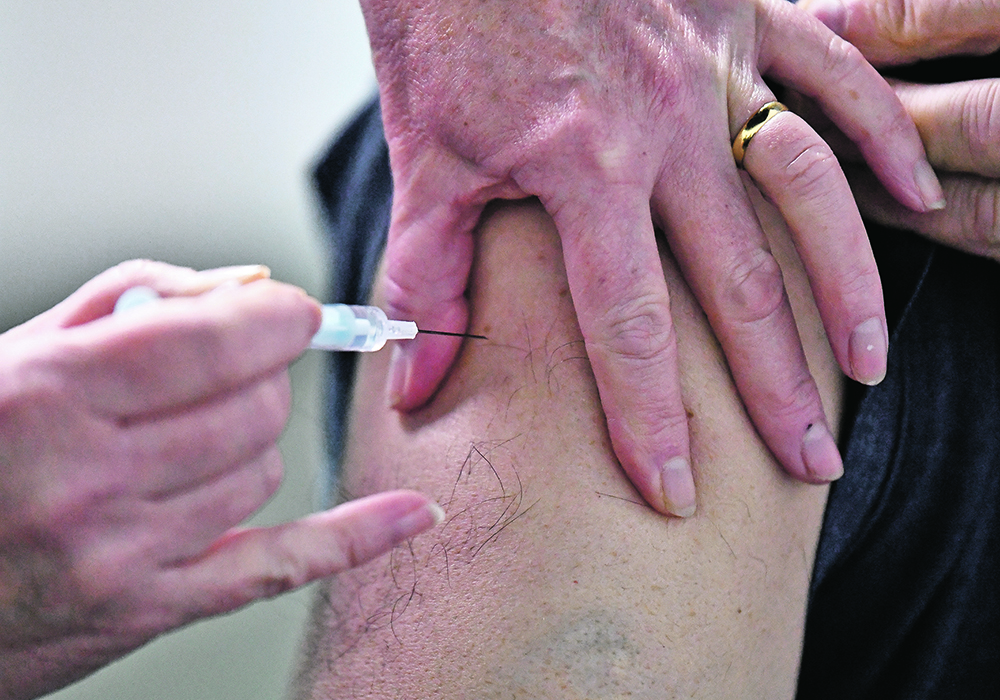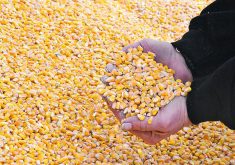Biotechnology began to be applied to crop agriculture in the early 1980s, with the first commercialized products coming to market in the mid-1990s.
Biotech-developed crops, fruits and vegetables have been approved for production and consumption, following more than 4,400 risk assessments by government scientists in more than 70 countries. Over the past 25 years, no adverse health effects have been proven (although you can always find false claims made on the internet), confirming the validity of the risk assessment conclusions.
Yet, despite billions of consumers safely purchasing and eating biotech or genetically modified foods, deliberately misleading information still abounds. The objective of misinformation is to persuade and instil fear in individuals about consuming perfectly safe products.
Read Also

Kochia has become a significant problem for Prairie farmers
As you travel through southern Saskatchewan and Alberta, particularly in areas challenged by dry growing conditions, the magnitude of the kochia problem is easy to see.
It’s not just an agricultural issue.
Throughout 2020, the world witnessed the rapid pace of COVID virus research and vaccine development. This work was carried out by biotech companies, and the vaccines are also biotech products, having been developed by innovative genomic sciences.
Like GM foods, biotech vaccines have redefined the next stage of the industry and opened opportunities. However, as vaccine rollouts began in 2021, the circulation of misinformation about the safety of COVID vaccines steadily increased, raising questions about their safety.
False information has been spread by anti-vaccination groups, organizations and even our social media influencers.
As someone who has long communicated the safety and benefits of biotech crops and foods, it’s interesting to observe politicians’ frustration about the misinformation campaigns of anti-vax groups. In the world of safe biotech crops and food, these same politicians don’t show the same level of frustration surrounding misinformation.
Additionally, mainstream media has voiced frustration about the spread of COVID vaccine misinformation. The irony is particularly galling because mainstream media has played a significant role in the dissemination and spread of misinformation about the safety and benefits of biotech foods.
Political parties in many countries have contributed to misinformation about biotech foods. The problem ranges from calls for bans on technologies to insinuating that consumption of biotech foods causes an assortment of harmful health effects.
Mainstream media has collaborated by airing programs that include untrained activists claiming to be experts, even when they have no formal training or expertise to back their accusations of harm and danger.
Politicians and mainstream media should not be surprised that there is a substantial proportion of populations that are uncertain or hesitant to receive a biotech-developed COVID vaccination.
Both groups have been compliant in disseminating misinformation for the past 20 years about the dangers of biotech foods, so why wouldn’t they do the same for COVID vaccines?
The frustrations expressed by politicians and media in food secure industrial countries reveals their glaring hypocrisy.
The problem is that politicians and the media have objectives, especially ones that can benefit them financially. Distributing misinformation can be lucrative.
They have financially benefited from their opposition to biotech foods, deliberately ignoring thousands of articles that confirm their safety. It would be refreshing, although completely unlikely, for politicians and the media that have publicly opposed biotech foods to now stand up and publicly admit they were wrong about the safety of vaccines or foods.
Stuart Smyth has been an associate professor in the University of Saskatchewan’s Department of Agricultural and Resource Economics for more than a decade. He holds the Agri-Food Innovation and Sustainability Enhancement Chair. This column first appeared on the U of S SAIFood website. It has been edited for length.

















